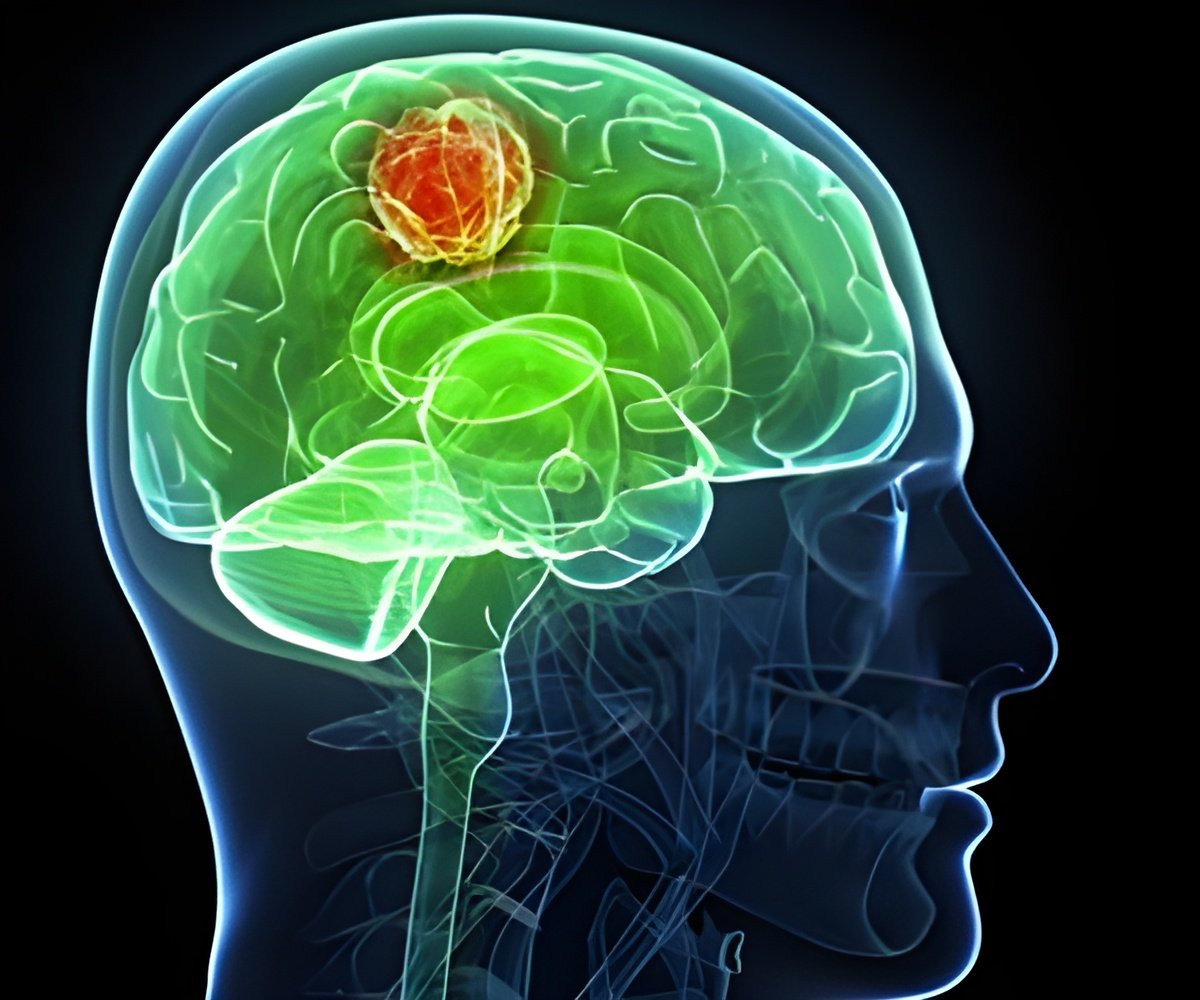New drugs could be developed for glioblastoma basing on Human induced pluripotent stem cell (IPSC) derived 3D organoid model.

TOP INSIGHT
Human-relevant 3D models can influence drug development and personalised medicine.
Read More..
To address these challenges a multidisciplinary team of researchers in a public/private collaboration (MicroMatrices, Johns Hopkins University, the Mayo Clinic, and Perkin Elmer) have developed and evaluated a human induced pluripotent stem cell (IPSC) derived 3D organoid model for drug testing consisting of differentiated neurons and other non-neuronal brain cells (glial cells, astrocytes and oligodendrocytes) grown alongside patient-derived glioblastoma tumor cells.
Accurate drug efficacy measurements were facilitated through the use of a microTMA-based high throughput histology platform (SpheroMatricesTM).
To investigate the potential of this platform, two chemotherapeutic agents were tested: temozolomide (TMZ), the current front line treatment option for glioblastoma, and an experimental therapy doxorubicin (DOX).
The study results indicated the system could predict a clinical response to TMZ and also demonstrated anti-tumor efficacy with DOX . Furthermore as the microTMA technology allows for multiplexing of different measurements, it was also observed that DOX acted via selective killing of tumour cells (apoptosis) with little or no effect on normal brain cells.
In previous screens, the patient-derived cells were grown in immune-compromised mice, a model which cannot capitulate the environment of human tumours. By contrast, the organoid model system more closely mirrors a human-relevant microenvironment.
Simon Plummer CEO of MicroMatrices said 'this breakthrough study illustrates how human relevant 3D models can make an impact for drug development and personalised medicine'.
Source-Eurekalert
 MEDINDIA
MEDINDIA

 Email
Email










